Cultural policy news
Spanish translation of Towards a Social Turn in Cultural Policy
We are proud to present the Spanish translation of INVENT’s Policymaker’s Guidebook: Hacia un Cambio Social en la Política Cultura: Una Guía para los Responsables de Políticas Culturales. You can download the Spanish version of the Guidebook here. The Policymaker’s Guidebook serves as a practical resource for cultural policymakers and practitioners, offering guidance on advancing the societal values of culture
100+ new entries added to European Inventory of Societal Values of Culture
One of the major outputs of the INVENT project is a dynamic, interactive e-dictionary of pluralistic, inclusive cultural policies aiming at a social turn in cultural policy. In the era of directionless search engines, the European Inventory of Societal Values of Culture https://inventory.inventculture.eu/ stands out as a dependable resource for policymakers, researchers, cultural practitioners, and interested individuals seeking to acquaint
New Research Alert: Tolerants versus traditionalists: making sense of online conversations on the new Finnish flagship library Oodi
INVENT members Riie Heikkilä and Ossi Sirkka from the Finnish team have published a new article in the International Journal of Cultural Policy. The article builds on data scraping research conducted by INVENT and its abstract reads as follows: Public libraries play a unique role in preserving, maintaining, and distributing cultural capital freely. Currently, public libraries are said to be undergoing
The INVENT Policy Brief 3 is available now! Read our recommendations for policy creation related to culture and digitalization
We are pleased to announce that the third INVENT Policy Brief has become available for download on our website.Where previously Policy Brief 1 (2021) looked at cultural offerings, wellbeing and the cultural value orientations of Europeans, and Policy Brief 2 (2023) centered on culture’s contribution to health and wellbeing; Policy Brief 3 (2023) places its focus on Digitalization and Culture.
The INVENT Policy Brief 2 is available now! Read our recommendations for policy creation related to culture & wellbeing
We are pleased to announce that the second INVENT Policy Brief has become available for download on our website. Following Policy Brief 1 (2021) which briefly touched on topics of satisfaction with cultural offerings and Covid-19 in relation to wellbeing, Policy Brief 2 adopts a narrower focus and is titled Culture’s contribution to health and wellbeing. Now drawing on a
The Dutch INVENT team presents their findings on online cultural petitions at conference “The Value of Culture after Corona”
On June 30, 2022, the Dutch INVENT team attended the Boekman Foundation conference entitled “The Value of Culture after Corona” and presented their findings from a big-data-analysis of online cultural petitions among Dutch citizens and organizations. The findings presented are part of the second wave of data scraping carried out by the INVENT consortium that explores which cultural petitions dominate
How COVID-19 Pandemic influenced Cultural Workers in Southeast Europe – Part 2
The COVID-19 pandemic has created an economic and social crisis that has both revealed and exacerbated already strong trends in many areas of society, while also creating new spaces for reflection and questioning. What are specific trends in the cultural sector that are being exaggerated by the COVID-19 pandemic? What did it mean to go digital for art and cultural
Forthcoming Cultural Bonus for Spanish Youth: it’s objectives and limitations
Coming June, young Spaniards who turn 18 this year will benefit from a cultural bonus with a value of €400. Back in March, the Council of Ministers approved the Royal Decree 210/2022 that established the conditions under which this Young Cultural Bonus can take effect, an undertaking for which the General State Budget has reserved a budget of 210 million
What is the purpose of museums and cultural participation?
Earlier this month, The Guardian published an article about a new study which examined the impact of museum visits on GCSE (General Certificate of Secondary Education) results in the UK. This research joins previous scholarship which explored cultural capital and its relations to sociodemographic differences (Katz-Gerro and Meier Jaeger,2015; Yaish, Katz-Gerro, 2012). According to the new study, museum outings had
How COVID-19 Pandemic influenced Cultural Workers in Southeast Europe – Part 1
The COVID-19 pandemic has created an economic and social crisis that has both revealed and exacerbated already strong trends in many areas of society, while also creating new spaces for reflection and questioning. What are specific trends in the cultural sector that are being exaggerated by the COVID-19 pandemic? What did it mean to go digital for art and cultural

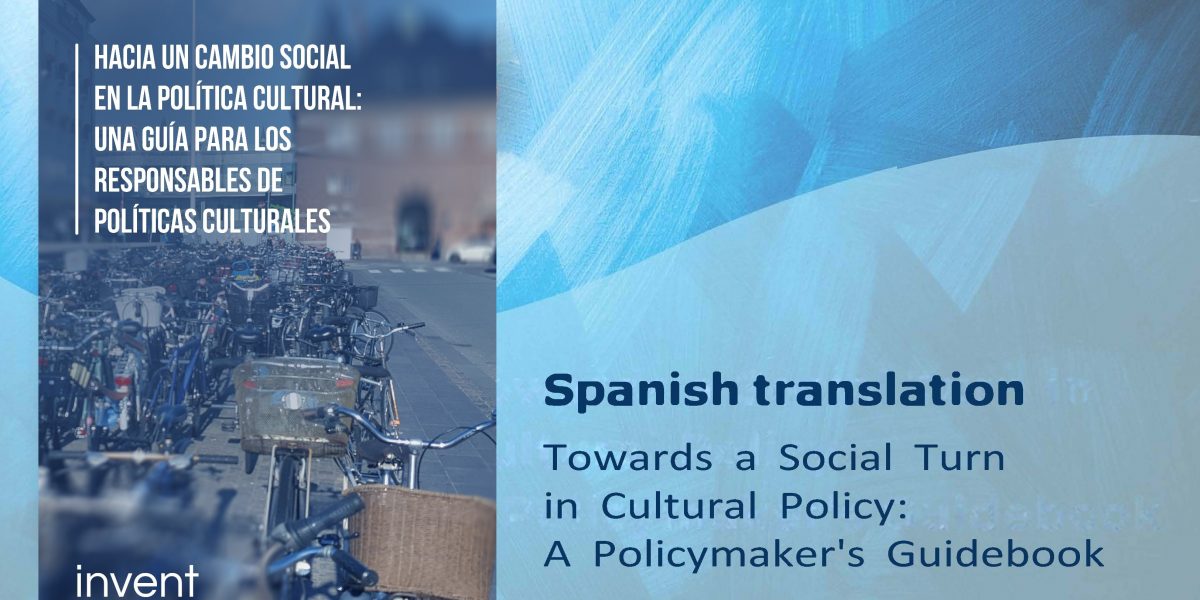
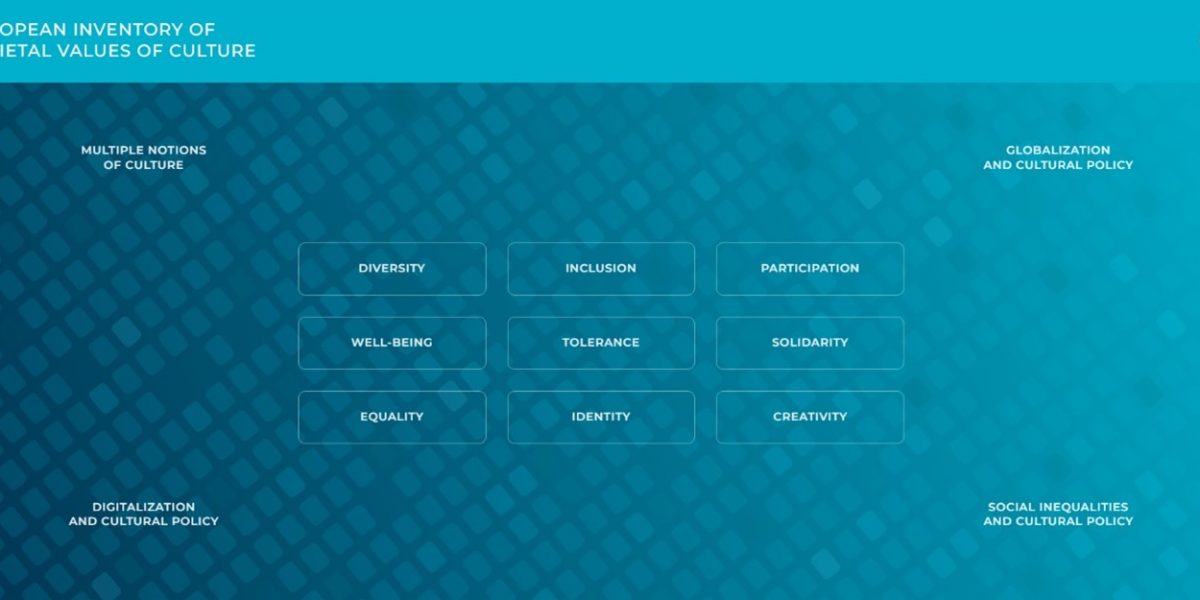
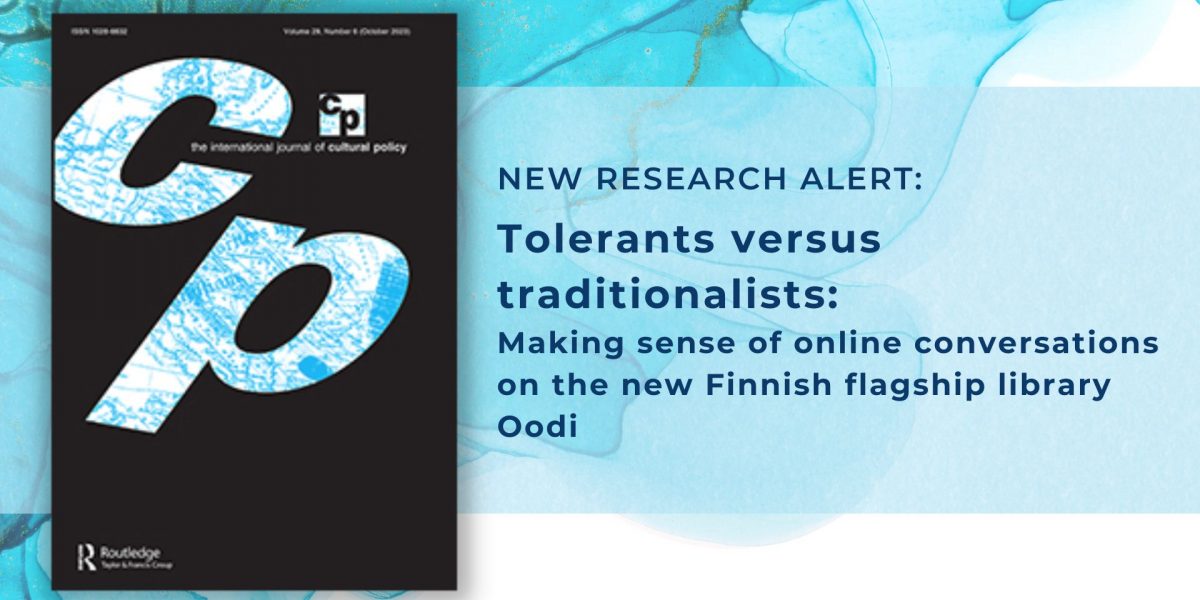
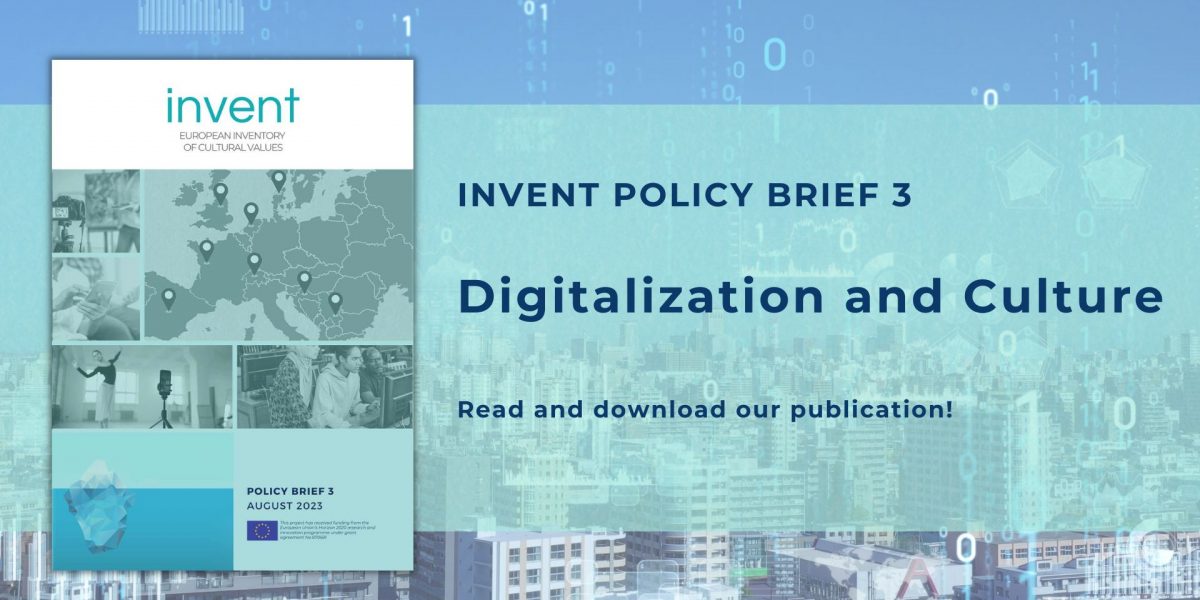
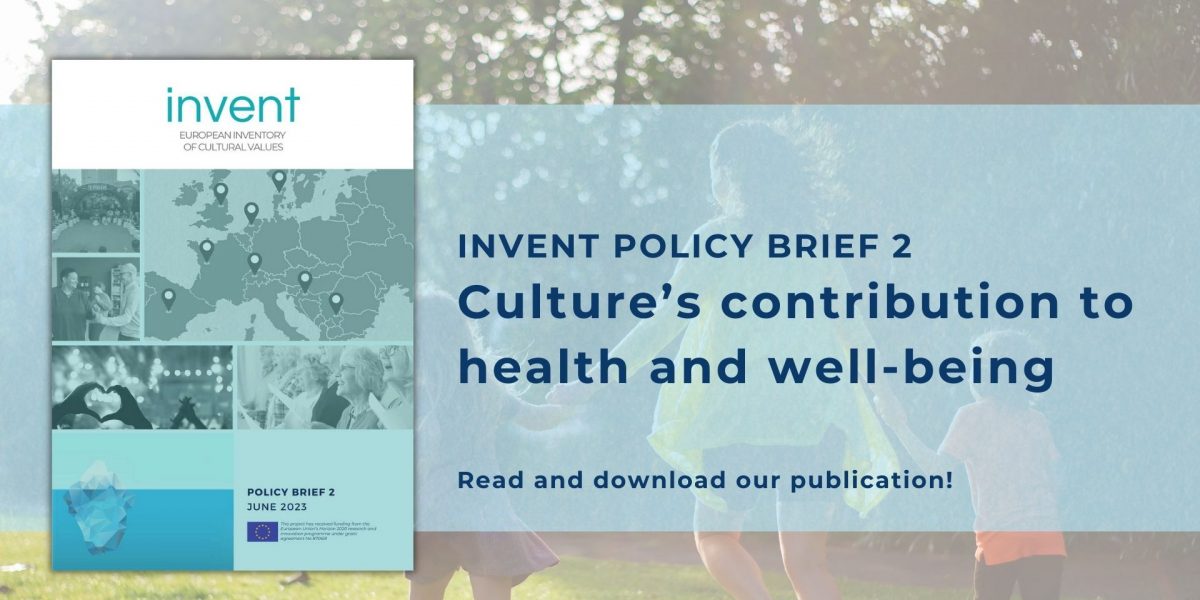
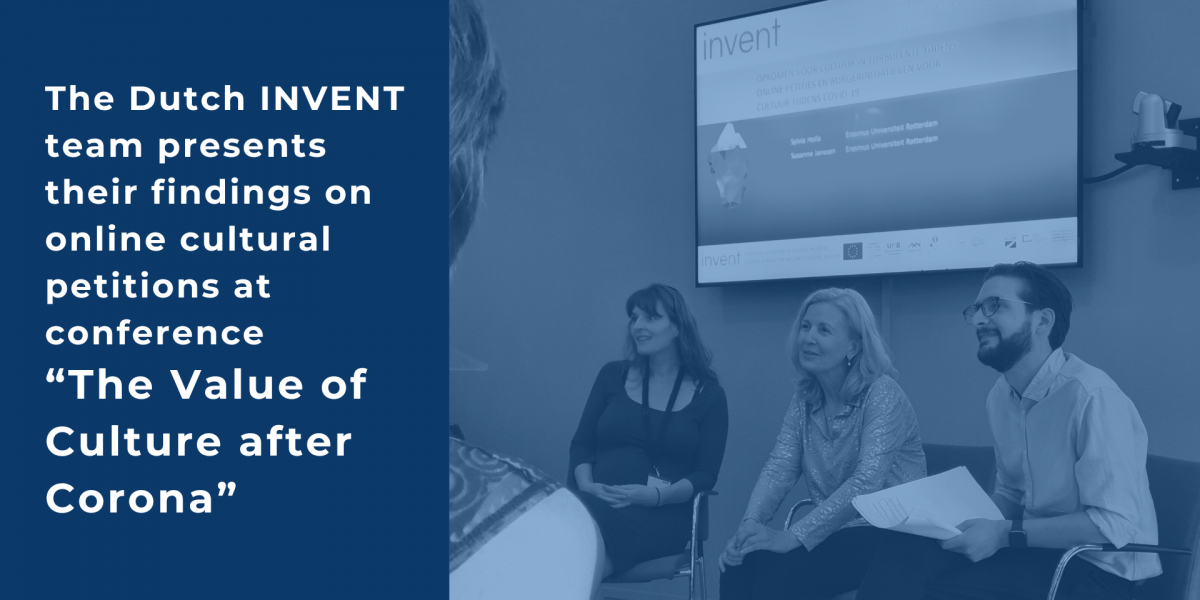
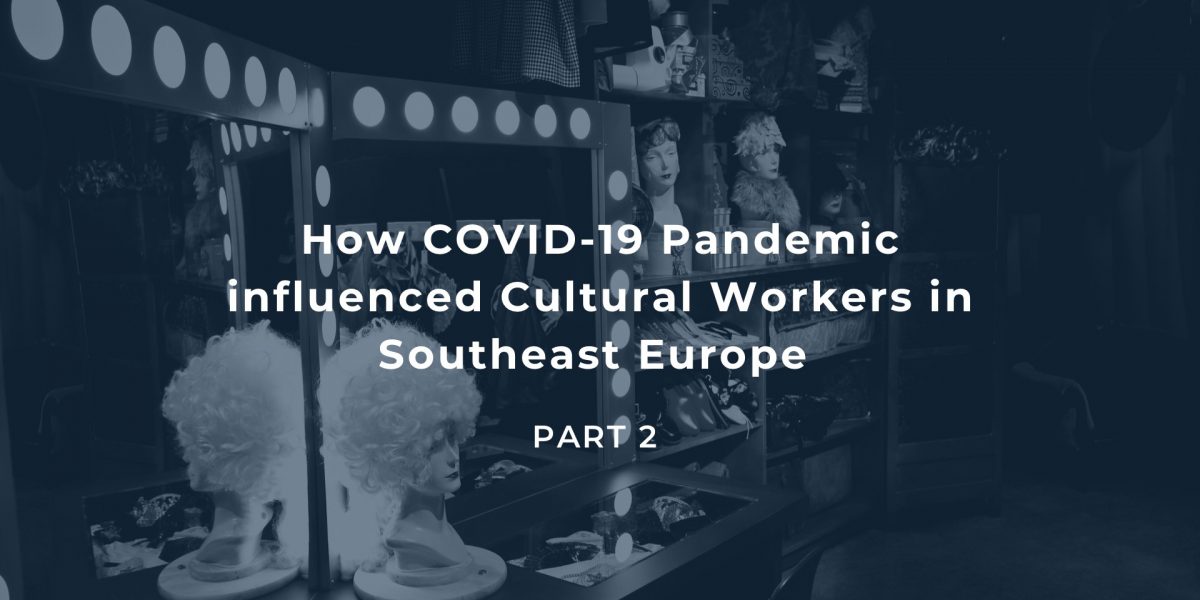
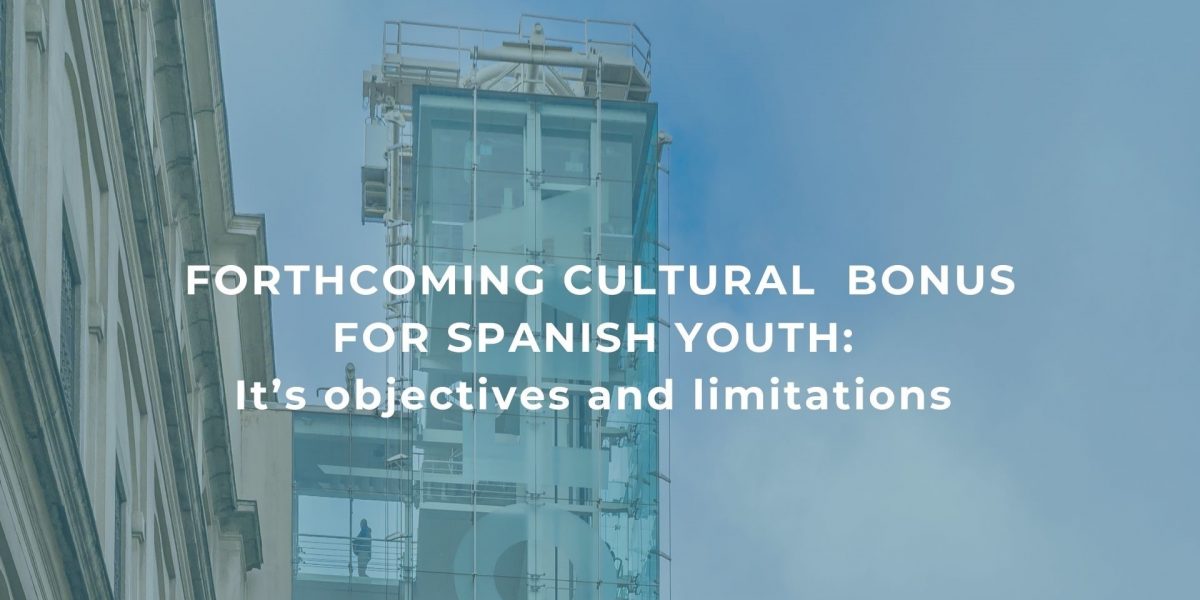
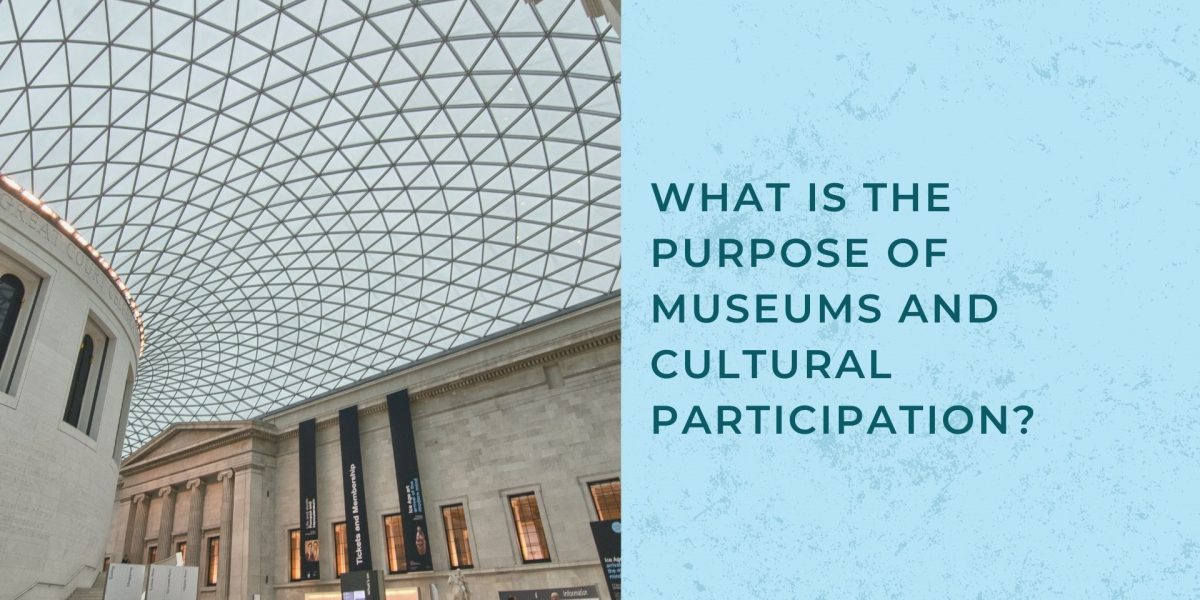
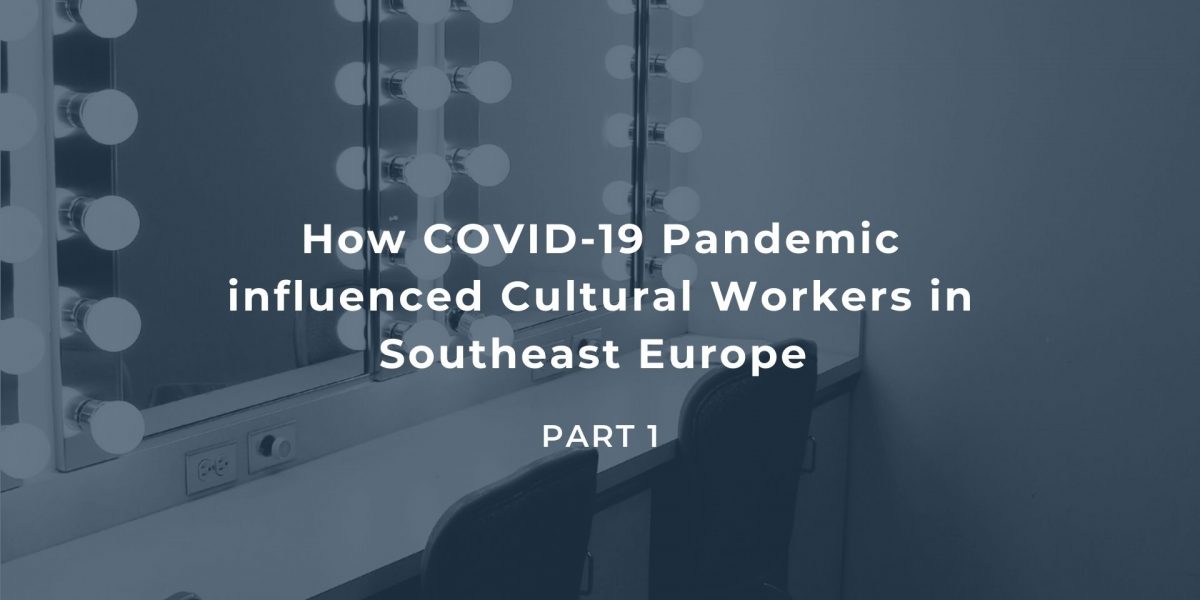

 This project has received funding from the European Union’s Horizon 2020 research and innovation programme under grant agreement No
This project has received funding from the European Union’s Horizon 2020 research and innovation programme under grant agreement No